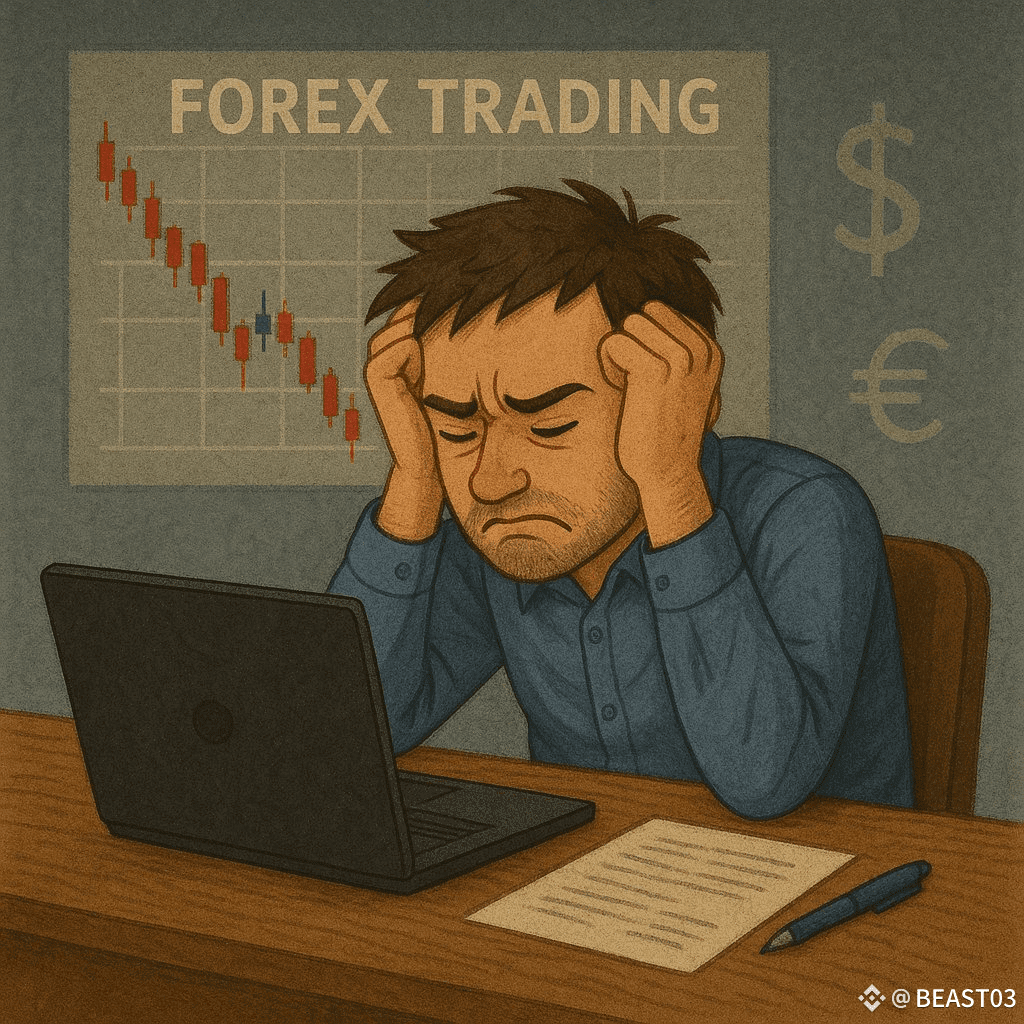
1.Lack of a Trading Plan:
Trading without a clear plan, including entry and exit strategies, can lead to impulsive decisions and significant losses.
2. Inadequate Risk Management:
Failing to set stop-loss orders or risking too much on a single trade can quickly deplete an account.
3. Overleveraging:
Using too much leverage can amplify losses. While leverage can increase potential gains, it also increases potential losses.
4. Emotional Trading:
Allowing emotions such as fear, greed, or frustration to drive trading decisions often leads to poor outcomes.
5.Lack of Discipline:
Deviating from a trading plan or strategy due to impatience or a desire for quick profits can result in significant losses.
6. Insufficient Knowledge and Experience:
Entering the market without sufficient understanding of how it works, including technical and fundamental analysis, can lead to poor trading decisions.
7.Chasing Losses (Revenge Trading):
Trying to recover losses by making larger and riskier trades often leads to even bigger losses.
8.Poor Money Management:
Not diversifying investments and putting too much capital into one trade or a few trades can lead to catastrophic losses if those trades go wrong.
9.Overtrading:
Trading too frequently can lead to increased transaction costs and reduce overall profitability. It can also be a sign of emotional trading.
10.Ignoring Economic Indicators and News:
Failing to stay informed about economic indicators, news, and events that can impact the markets can result in unexpected losses
Like and follow for more...